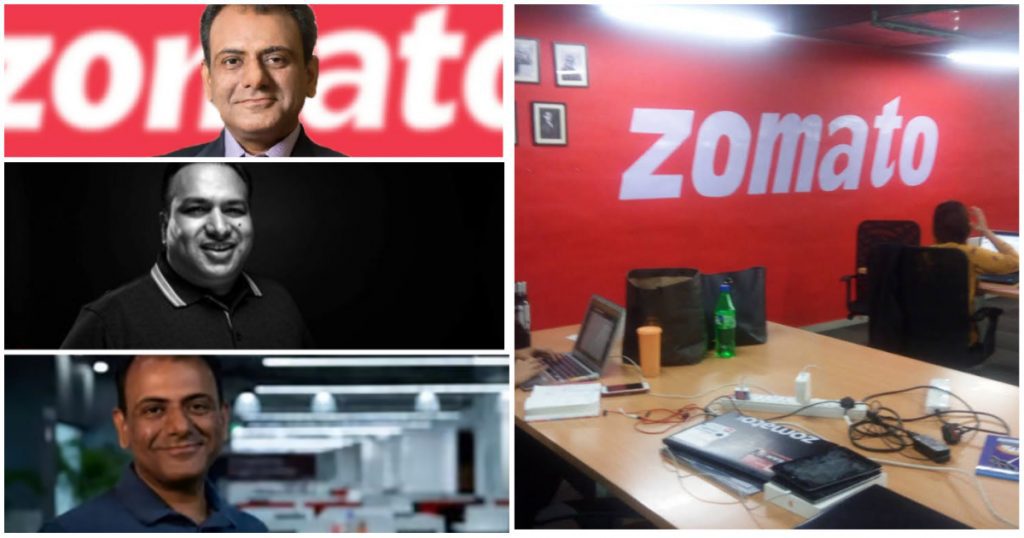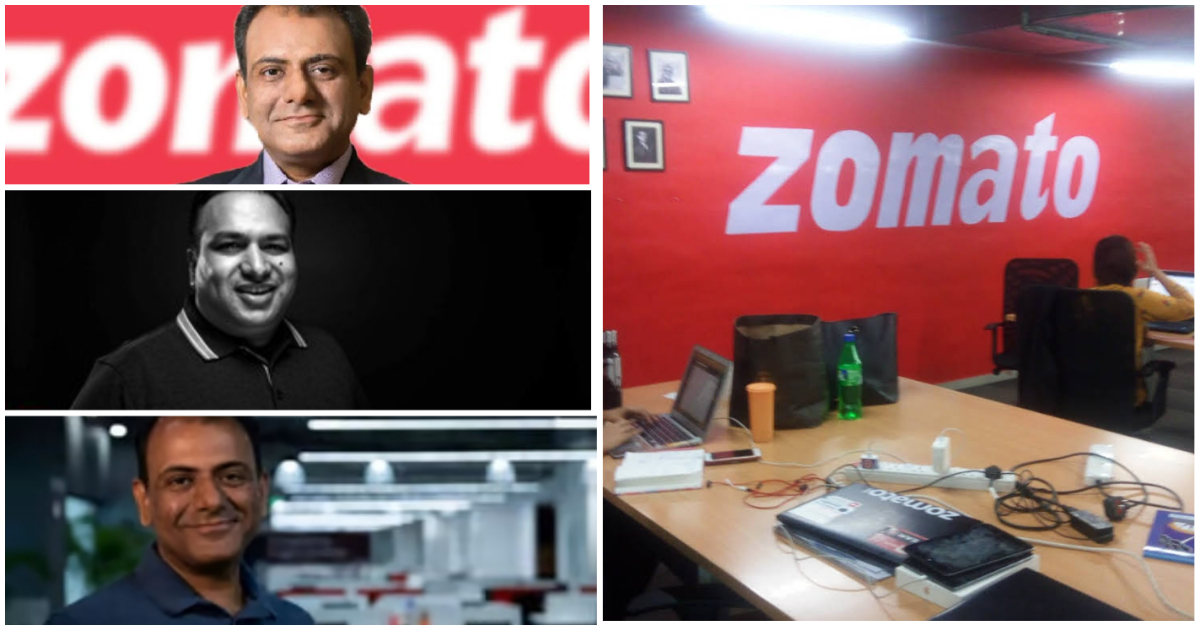Global tech companies have been laying off employees for a while — Meta, Amazon, Twitter and Cisco have all terminated thousands of workers — but these layoffs now seem to have reached Indian shores.
Zomato has laid off employees across functions, including technology, product and marketing, Moneycontrol reports. At least 100 employees have already been affected across these divisions. Previously when Covid had hit, Zomato had laid off 520 employees which had constituted 13% of its workforce.

“There has been a regular performance-based churn of under 3% of our workforce; there’s nothing more to it,” a Zomato spokesperson said. Zomato had around 3,800 employees before these latest firings.
But apart from this “regular-performance based churn”, there has been some high-level churn as well at Zomato. Earlier this month, Siddharth Jhawar, who was Zomato’s vice-president of global growth, had quit the company. He’d join Zomato in April 2021, and stayed with the company for less than two years. A week later, Rahul Ganjoo, who was Zomato’s head of new initiatives, also quit the company. He had spent five years at Zomato, and had also served as the CEO of the food delivery vertical.
Two days ago, Zomato’s “co-founder” Mohit Gupta had stepped down as well. Gupta had joined Zomato four and a half years ago, and in 2020, in a practice that’s unique to Zomato, had been elevated to the title of co-founder. Zomato had given the title of “co-founder” to a handful of senior executives who held important roles within its business. Gupta had led the food delivery business at Zomato, but said had “decided to move on from Zomato to seek the other unknown adventures that life holds for me”.
Mohit Gupta became the third “co-founder” to quit Zomato. Previously, the original co-founder, Pankaj Chaddah, had quit to start his own venture, and last year, Gaurav Gupta, a senior executive who’d been elevated to the title of co-founder, had also quit.
But three high-profile exits and a three-percent layoff of the workforce within the same month is interesting timing. Zomato insists that the layoff is a part of regular performance based churn, but it’s possible that the company, like its global peers, is looking to cut costs even as the world stares at the prospect of a recession. And this wouldn’t be the worst news for its shareholders — Meta’s shares had spiked immediately after it announced it had laid off 11,000 workers, and a cut in Zomato’s expenditure might help the company move closer to its profitability goal which has proved elusive even 14 years after it was founded.
